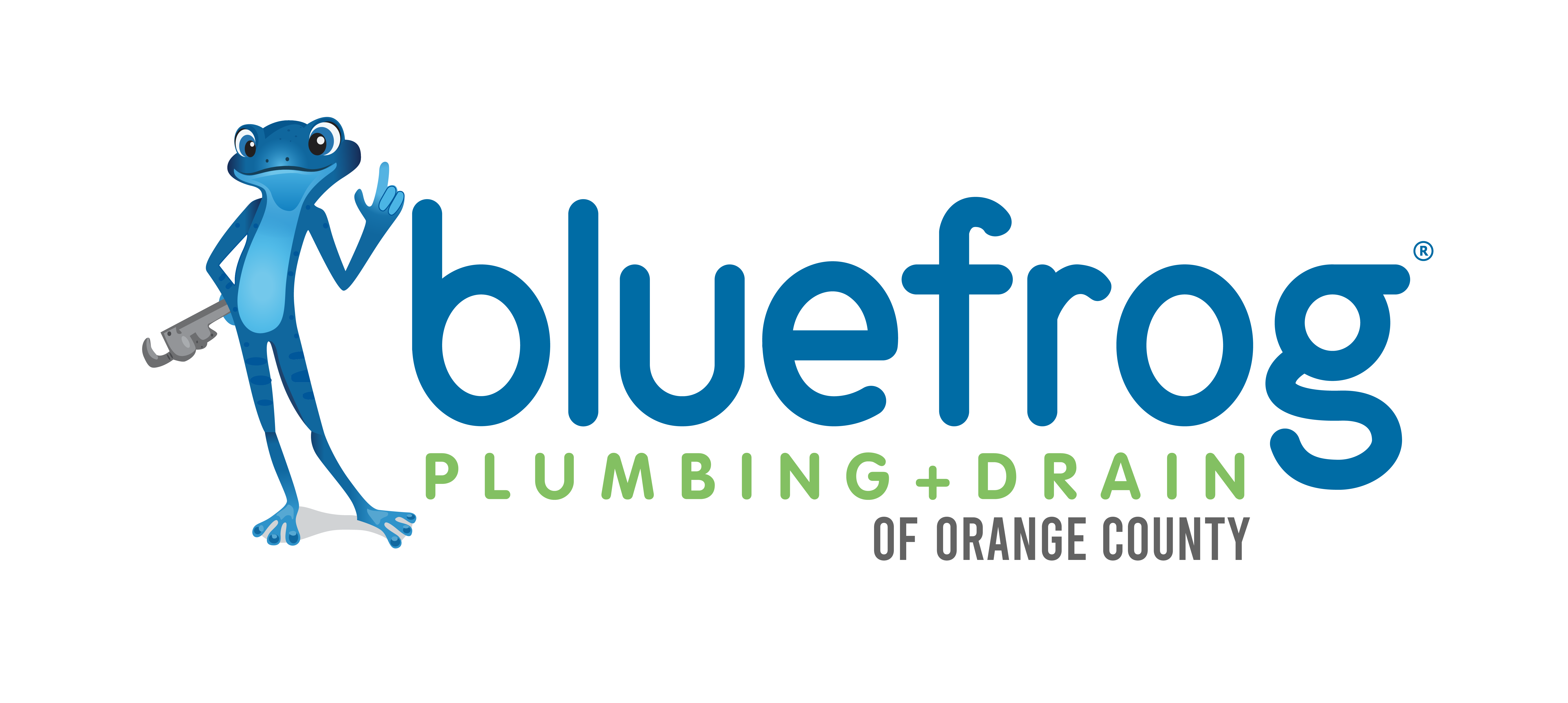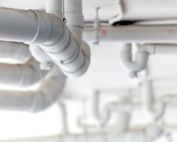The use of hot water in a home makes everyday life easier, more comfortable, and healthier. Trying to complete certain tasks such as removing grease from dinner dishes is impossible without hot water and taking a cold shower is not on the top of anyone’s list.
The average US family uses between 80-120 gallons of hot water to wash clothes, clean dirty dishes, and maintain the cleanliness of their homes and bodies. In order to have hot water available, a homeowner needs to install a water heater to heat the cold water that enters our homes from either private wells or the city water supply.
Water heaters come in many types from traditional tank-style heaters to those that operate without a storage tank and those that are fueled by the sun. Without some sort of heater, we would not enjoy the benefits of hot water in our homes.
In this article, we will learn about the different types of water heaters and how they work to supply hot water. We will examine the factors that need to be considered when purchasing or replacing a water heating system such as cost effectiveness, energy consumption and efficiency, and the specific maintenance requirements to keep the system working properly. Safety and comfort are key considerations when looking at heating systems and knowing how to maximize both will be learned.
Types of Water Heaters On the Market
A water heater is a plumbing apparatus used to heat and, in some cases, store heated water for later use to bathe, clean, cook, and for other activities. The most commonly used water heating system is a traditional tank-style heater but other types are beginning to gain in market shares. Here we will look at 4 common types of water heaters on the market today.
Tank Water Heaters
This type of water heater is affordable and therefore a frequently purchased appliance that takes in cold water and stores it in an insulated tank. This water heater is designed with a temperature gauge that signals the internal heating elements to turn on and heat the stored water, preparing it for when hot water is needed in the home. These tanks usually hold between 30-80 gallons of water.
Tankless Water Heaters
A tankless water heater, also known as an on-demand water heater works without the use of a storage tank but instead generates hot water only in specific amounts equal to the demand. When a faucet is opened, cold water flows across hot coils heating the water and directing it to the faucet in need.
Because gallons of water are not being stored for future use, a tankless water heater eliminates the fear of a flooding emergency that can occur with a traditional type of heater. This saves on repair bills and restores peace of mind while reducing the cost of heating and reheating water.
Solar Water Heaters
Solar water heaters, also known as solar domestic hot water systems, are cost-effective systems that are powered by the sun. Every type of solar water heater requires a well-insulated storage tank and/or solar collectors.
There are two types of solar heaters: Active and passive. Active heaters are equipped with circulation pumps and controls while passive heaters are not.
Heat Pump Water Heaters
These systems operate best in hot climates as they use the heat in the outside air to heat the water in the storage tank. They accomplish this by moving heat from the air outside and transferring it indoors. This process requires a small amount of electricity making this system energy-efficient and cost-effective.
How Water Heaters Operate
Traditional water heaters
These are mostly powered by electricity or natural gas and use this energy to heat water to a predetermined temperature. Once the water reaches the prescribed temperature the enclosed heating element turns off and will remain off until the water sits long enough to cool or the hot water in the tank is used. It will then turn on and reheat the remaining water along with replacement water in an endless cycle.
Tankless systems
They operate without the use of a storage tank. Cold water enters the system where it passes over highly heated coils that instantly heat the water up to the desired temperature. This method of heating water provides an unlimited supply of hot water that is endlessly circulating and ready on demand.
Active solar systems
These can be classified further as either direct or indirect systems. Direct systems circulate water through collectors that are designed to absorb sunlight and then pass the heat to the water and into the home. Indirect models circulate an antifreeze fluid through collectors and then a heat exchanger that eventually transfers the heat to the water.
Passive solar systems
These systems are also broken down into two types. The first type known as an integral collector uses storage tanks covered in a transparent material that allows the sun’s rays to directly heat the water before it is distributed throughout the home. A thermosyphon system is where water is heated in collectors located on the roof and distributed as needed.
Heat pump water heaters
As stated earlier, they do not generate heat but instead transfer it. To move the heat these systems act like refrigerators, only in reverse. In simple terms, a refrigerator works to keep things cool while a heat pump warms things up. The heat pump pulls in warm air and blows it across refrigerant-filled coils. The refrigerant is then compressed further increasing its temperature along with its pressure. The refrigerant is then sent to the condenser coils located inside the water tank where the heat is transferred to the water.
Consider These Important Factors
When deciding on which type of water heater is best, it is important to keep these factors in mind:
–fuel type available
–size requirements for a certain number of fixtures and appliances. The more fixtures the larger the heater will need to be.
–energy-efficiency. A heat pump heater is by far the most energy-efficient.
–cost-effectiveness. Tankless heaters are more costly than their counterparts.
–demand or how much water you will need at a given time. Tankless heaters supply unlimited hot water.
–sun exposure Solar systems are great for areas that receive full sun.
Water Heater Maintenance
Traditional hot water heaters
When operating correctly, water heaters require yearly inspection and maintenance to promote the longest life possible. On gas-powered or electric models the anode must be checked. The anode is designed to attract sediment and minerals in the water that can damage the storage tank and other components.
The temperature release valve should be examined to be certain it is doing its job of maintaining proper pressure in the system. If this is malfunctioning an explosion can occur creating a plumbing emergency.
The thermostat should be evaluated for accuracy and set at 120 degrees to avoid scalding or water that is lukewarm.
Finally, the tank should be flushed of dirt, debris, and sediment that can damage the heating element. This should be performed once a year.
Tankless heaters
Tankless units require maintenance as well. Once a year the water line filter should be cleaned and replaced as needed. This type of system has an air filter which should be replaced every 6 months to 1 year.
The #1 issue for tankless heaters is scale buildup which must be removed by flushing the system to reduce the calcium buildup that can interfere with normal operations.
Solar Systems maintenance consists of yearly inspections to clean the collectors. The tanks should be drained to remove unwanted materials and the heat transfer pipes need to be checked for leaks.
The pumps and control boxes should be scrutinized for loose wires or any malfunctions and repaired or replaced as needed.
Heat pump water heaters
These have similar requirements to a traditional water heater such as the need to flush the water tank, check the accuracy of the thermostat, and monitor the pressure relief valve. Heat pump heaters, however, come equipped with an air filter that must be cleaned.
Conclusion
We all need and enjoy hot water for our daily activities but how we come to supply ourselves with this water can be different for everyone. There are many factors to consider when choosing a hot water heater such as budget, energy efficiency, and the hot water demand that needs to be met for each individual family.
Learning about the different types of water heaters, how they operate, and the maintenance requirements of each should help you choose a heater that is right for you.
Take time to learn more about the different types of water heaters so you can avoid getting yourself into hot water!

Slab Leaks: A True Plumbing Emergency
Home building following World War II was aggressive, so many houses were built on cement foundations to reduce the time it took to build them and to keep costs at a minimum. They were
How To Extend The Life Of Plumbing Pipes
A plumbing system consists of a complicated series of pipes, fixtures, and appliances that provide the infrastructure to run a well-functioning home. In this article, we will focus solely on plumbing pipes and ways
3 Silent Signs You Have A Plumbing Problem
Some plumbing issues announce themselves with a fury such as a drain backing up with sewage or a burst pipe, while others remain silent and destructive. In this article, we will reveal 3 signs



